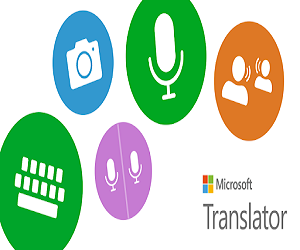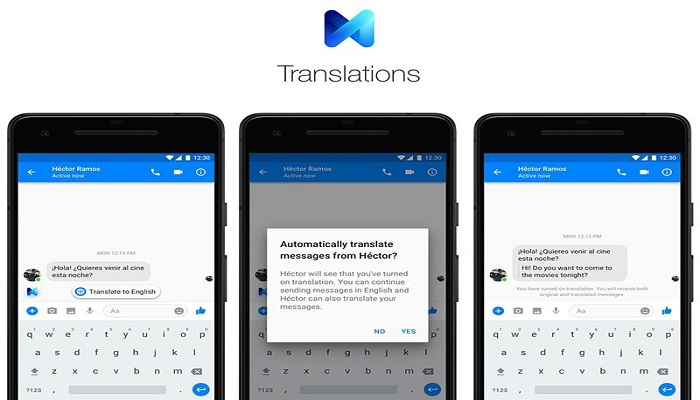Unless you are using search engines like Yahoo or Bing which has total use of 19 %, all other of us look for our queries or answers in the same place and you know the name
Yes, it is Google
More than 93 % of most online experience begins with a search engine. And surprisingly Google holds a market share of 90% and the numbers are still on the rise. Google is dominating most of the other search engines. So, it is important to play along with Google.
When it comes to search engine optimization, the idea of PPC has always been associated with SEO but it is kind of debatable. PPC is not completely a part of SEO, but people still ask SEO services to run PPC campaigns on Google for their brands. Most of the people abide by Google guidelines and algorithms to perfect their SEO.
The giant tech company Google serves as two absolutely different yet equally valuable traffic sources to inbound marketers and they are Paid Search and Organic Search.
Let’s find out more about the 2 extremely valuable traffic sources in Google
History of Paid and Organic Searches: How did it emerge?
In digital marketing, search advertising works by putting online advertisements on web pages that show results from search engine queries. They can be easily targeted to match specific key search terms.
Search engines like Google, Yahoo or Bing place ads that are designed to look similar to your search results. One can easily understand the difference between actual results and paid results.
In the mid-1990s, the first documented version of a PPC model was put in a web directory which was called Planet Oasis, developed by Ark Interface.
Jeffrey Brewer from Goto came up with a pay-per-click search engine proof-of-concept and took it to the TED conference in California. After this event, the PPC advertising system was created and brought into effect a few years later by Google in 1999.
When the Pew Research Center realizes that there are many highest-ranking results on the search engine result pages and they are basically ads, the search engine optimization sector started to distinguish between ads and organic results.
If you see it from the perspective of all general users, all the results which are shown are basically general “results” to them. And to keep it understandable, the term Organic was invented. It also helped people to understand and distinguish non-ad search results from paid ad results.
Google itself says, that users tend to click more on organic search results than on paid results. In 2012. When there is no organic search results on the first page, more than 66 % of ad clicks take place.
What are the differences between PPC and Organic searches?
Organic – Is a method for entering one or more search terms into the search engine as a string of texts. The results that appear on the webpage listings are mostly relevant to visitors’ search queries based on relevance. Whenever you type your query in Google, the list of links that appear under the Paid ads are known as Organic results.
Organic results are designed to show up absolutely based on the quality and content of a website or a webpage.
Traffic that comes from clicking on these organic links in SERPs is known as Organic Traffic. And it is considered to be the most valuable traffic source.
Ranking high in search engines organically is what SEO is all about and Organic searches are basically unpaid.
Few stats that could change the way you perceive
- Almost 33 % of clicks from the organic search results appear on the very first listing on Google.
- Top 10 results that appear on the first page receive more than 92% of search traffic on Google and the traffic goes down by 95 % on the second result page.
- The organic search leads on an average have a close rate of almost 15 % whereas it reaches only 1.7 % when it comes to outbound marketing.
PPC Searches – It is Paid-per-click campaigns. It simply means you pay Google for listing ads for your site or business at the top and right of the organic search listings. When one of your potential visitors clicks on the PPC ad, you have to pay on the basis of Cost-per-click from your financial plan.
Despite of the little yellow rectangles next to the displaying ads, there are many who have difficulty understanding that these are advertisements. This is the reason paid search became more popular in recent years and it is also because the organic searches have taken a positive turn and it becomes harder for PPC to compete now.
Google AdWords program is the most used pay-per-click advertising engagement running today. And AdWords exceptionally generates almost 70 % of its revenue, which is a massive revenue generation source for Google.
Conclusion: Paid and Organic are indistinguishable
Digital Marketing has changed over the fast few years rapidly having strings of marketing strategies and channels. With the evolution of online marketing number of searches is also rapidly increasing giving more scope to organic searches to match paid searches. A solid search marketing strategy has always encompassed around both Organic and Paid searches.
If you are still sorting out the pros and cons of Paid and Organic marketing, you must discuss it with your team and analyze your time and budget.
If you are looking for quick results, then we recommend you to go with paid search and if you are looking for an economical yet valuable traffic driving source go for organic searches.
The article about whether paid searches and organic searches are indistinguishable or not and now when you know most about it, you can wisely select the one you want to go with or maybe you would apply both of them.
The take is completely yours





